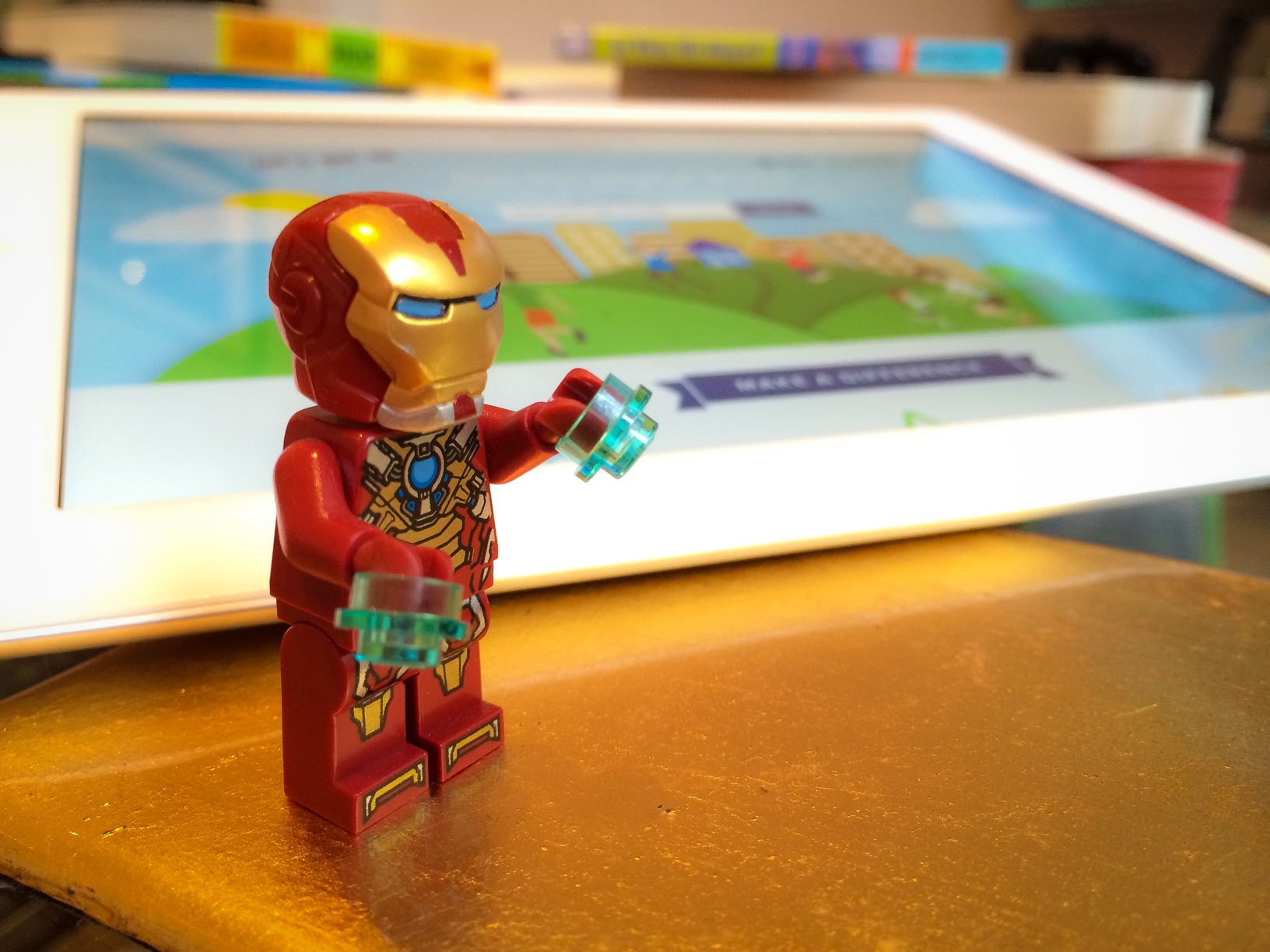Notes from a digital inclusion startup
Platforms, innovation and new ways of working.
01 August 2014

It’s nearly nine months since I joined SCVO to lead a new digital inclusion venture, and the summer break seems like a good opportunity to take stock. Overall I think we’re doing pretty well - we’ve got a great (and growing!) team in place, a fantastic community of partners, and an exciting programme of activity taking shape for the autumn.
This post is less about what we’re doing, and more about what it’s like doing it. Although SCVO has been around since the 1940s, and although we’re working closely with government, to all intents and purposes we’re running a startup:
"A startup is a human institution designed to create a new product or service under conditions of extreme uncertainty."
And like all startups - and perhaps particularly those with digital in their DNA - our race to change the world sometimes collides head on with the way things have always been done.
I could probably write an entire book about what we’re learning (and who knows, perhaps some day I will). For now, here are three aspects of our approach that are pushing us and the people we work with out of our comfort zones. I’m pretty sure that, in the end, they will also be the keys to our success.
Build, measure, learn
Too many organisations start with a very specific idea about what they think people want, and then spend far too much time (and money) polishing it - only to find out that it doesn’t actually meet their users’ needs.
We’re trying to do things a better way: build minimum viable products quickly, put them in the field, and then iterate and improve based on people’s experiences using them.
There’s a subtle but important point in here. Feedback is hugely important when it comes to improving what we do, but this doesn’t mean development is always a democratic process. Whilst we’re very focused on the best interests of the people we’re here to help, we won’t always get there by following their directions.
Platforms for scale
The digital inclusion challenge is immense - there are over a million people in Scotland who will need side-by-side support to take their first steps toward basic online skills, and tens of thousands of third sector organisations that need to up their digital game.
On any traditional measure of force projection, our small team is hopelessly outgunned.
Happily for us, the digital world isn’t a traditional battleground. To achieve the scale of impact we need we’re creating platforms - for learning, for data, for funding, for partnerships - that will accelerate other people’s ability to deliver.
Getting the balance right is difficult. We’re working hard to establish enough structure to be confident that we’re all pushing in the same direction, coupled with enough freedom for people and communities to solve problems in their own ways.
Open > closed
You might think that the power of open / power of free would have particular resonance in the non-profit community. But here, just like everywhere else, organisations jockey for money and power and status, and often put up barriers to (try to) reinforce their position.
This is sad, because if you make things open it makes things better.
When it comes to our work, we want to be as open as possible. The team is already blogging regularly, and as the programme develops we’ll publish as much as we can so that other people can learn from our experiences (good and bad). We’ll also open up as much data as we can, so that it can be used by others to create new products and services that will help the people we care about.
On all of this there are arguments of principle to be won as well as practical steps we need to take, so we won’t get there overnight. But the game is afoot, and I’m sure it’ll be worth the effort.